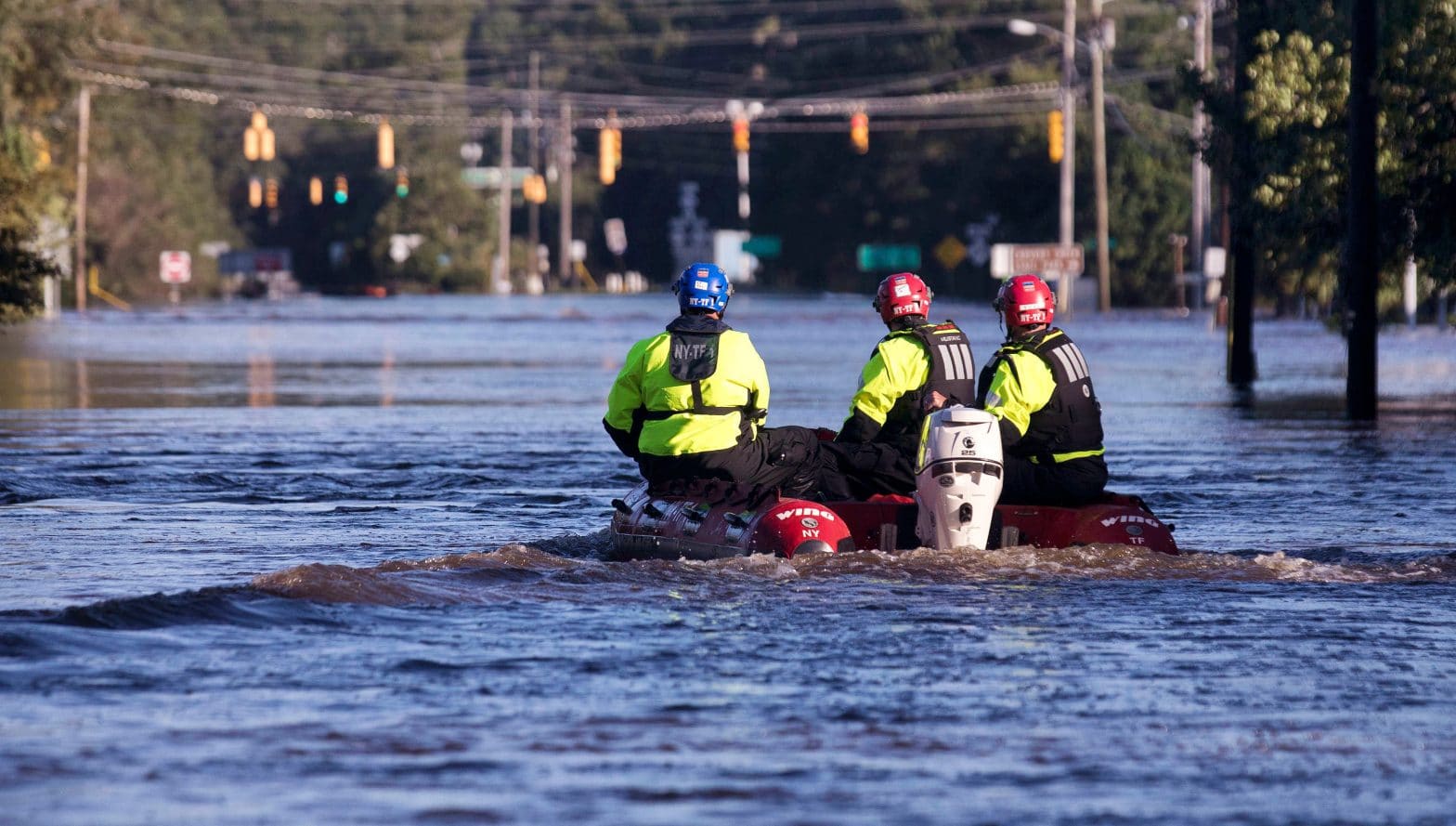NFIP Is the Anti-Robin Hood of Disaster Relief
COMMENTARY

Floods are America’s most common natural disaster, causing millions of dollars of damage each year. To protect consumers, FEMA’s National Flood Insurance Program (NFIP) provides coverage for over 5 million policyholders. But analysis of recently released FEMA data shows that the taxpayer-funded program first and foremost bails out wealthy homeowners. Given that the program is already saddled with tens of billions of dollars’ worth of debt, it’s time to relieve taxpayers of this disaster.
According to recent analysis by Hazard Hub, among NFIP policyholders who made claims, the wealthiest 30% made almost half of the claims between 2010 and 2018. Put in other words—the richer you are, the more claims you’re likely to file. High income households were also found to pay on average a lower premium than their middle- and low-income counterparts. Moreover, following the passage of the 2015 Homeowner Flood Insurance Affordability Act, low-income household premiums have flatlined while those of high income home-owners have fallen significantly.
If premiums were to truly reflect the risk of flooding, climate change and rising sea levels will very likely result in even higher premiums—particularly harming low-income residents who can’t simply abandon their communities. This affordability challenge sits in stark contrast to the wealthy homeowners who make prolific claims through the NFIP, with the knowledge that the public piggybank will pick up the tab if and when things go awry.
This moral hazard is made all the more egregious by the fact that it is subsidized by the length and breadth of American taxpayers. To slash this gilded welfare, high income earners should be ineligible for NFIP-backed plans. Much like the rationale behind Medicaid, federal tax dollars should be a last resort only for those who truly need it.
Similarly, stricter mitigation rules would pare down the number of repeat claimants. While access to the NFIP is conditional on communities taking precautionary measures in floodplains, these rules don’t go far enough. New and reconstructed homes in high flood risk areas should be built to resist the commensurate weather damage they expect to face. While construction mandates can adversely impact housing affordability, taxpayers simply cannot be expected to foot the bill when homeowners choose to ignore the risks build in precarious locations.
These policies could all be matched with land zoning reform to give consumers choice and mobility. It is unsurprising that house location and neighborhood play a significant defining role in access to services, employment, and upward economic mobility. But high residential prices, fostered in part by onerous land regulation, lock countless Americans out of productive economic areas. For consumers who want to leave areas that are prone to flooding, a similar scenario occurs. Slashing zoning regulations in low-risk areas allows consumers to live where they want, without being kept under the shadow of perpetual flooding and with a reliance on the NFIP.
With over $20 billion worth of debt, and in the face of rising sea levels, it is clear that the current National Flood Insurance Program is unsustainable. Shifting high-income households off publicly-backed plans and into the private market is a clear first step to ending this welfare for the rich. Similarly, mitigation and mobility policies will be key to managing flood risk in the future.
























